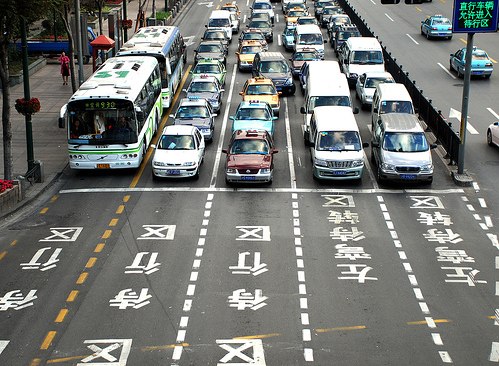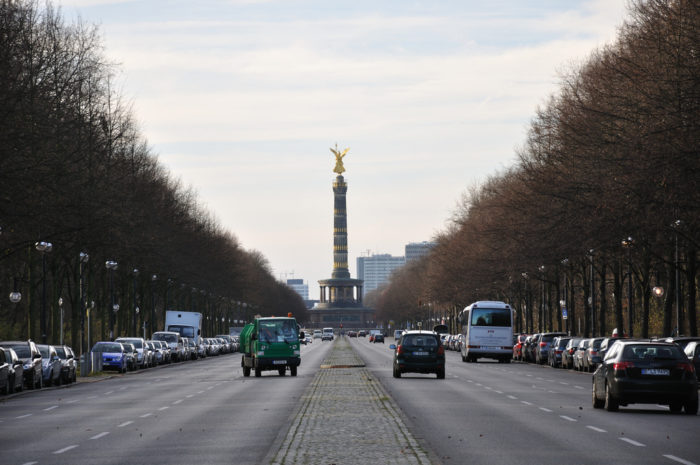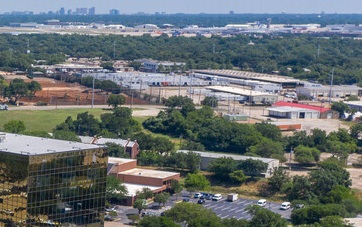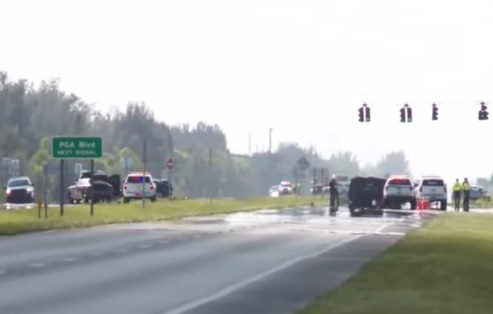Now Reading: UK car production declined due to coronavirus and supply disruption
-
01
UK car production declined due to coronavirus and supply disruption
UK car production declined due to coronavirus and supply disruption
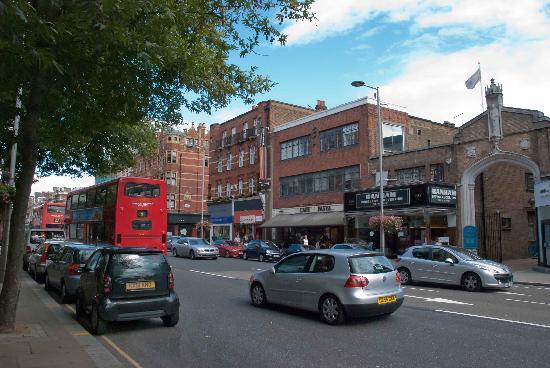
Car production in the UK during the first half of this year declined by almost 40 percent on the five-year average, driven by the coronavirus crisis and supply shortages, the Society of Motor Manufacturers and Traders (SMMT) said Thursday.
Data showed that auto manufacturing output in the country was 498,923 units in the first half, dropping 38.4 percent on the five-year (2015 to 2019) H1 average, representing a loss of 311,160 cars worth over 8.5 billion pounds (11.8 billion U.S. dollars), according to the SMMT.
“The performance rounded off a turbulent first six months for UK car production, with the coronavirus pandemic, new trading rules with Europe and supply issues causing ongoing challenges,” SMMT noted.
In June alone, the car factories of Britain turned out 69,097 units. “While this was an increase compared with the COVID-depressed June 2020, it still represents the worst June total since 1953 as the global chip shortage, caused by the pandemic, and other factors continued to take a toll on production,” said the SMMT.
As exports continued to sustain the UK’s car manufacturing, about 83.4 percent of models in the first half shipped overseas, with 51.7 percent into the European Union, 18.8 percent to the United States, 7.8 percent to China, said the SMMT.
Meanwhile, the production of battery electric vehicles (BEV), plug in hybrid vehicles (PHEV) and hybrid electric vehicles (HEV) vehicles remained stable in the first half with around 22.6 percent of all cars alternatively fuelled.
“The recent investments into new models and battery production show a bright future is within reach, yet the industry still deals with headwinds most notably from worldwide semiconductor shortages and staff absenteeism as a result of staff being ‘pinged’,” said Mike Hawes, CEO of the SMMT.
The SMMT said despite the easing of COVID-19 restrictions, automakers are experiencing staff shortages because of self-isolation caused by the National Health Service (NHS) Test and Trace app, putting production at risk and being another drag on the sector’s recovery.
“Businesses have ensured their facilities are COVID secure but urgent action is required, such as bringing forward the August 16 target date for exempting fully vaccinated adults from self-isolation and introducing a ‘test to release’ scheme to support those employees not yet fully vaccinated,” added Hawes.
The British government is expected to scrap isolation regulations by August 16 for those double-jabbed unless they develop symptoms of the COVID-19 themselves.
About 5,856,528 people in the UK have been confirmed as being infected with the coronavirus. The virus has killed 129,654 people in the country.
Stay Informed With the Latest & Most Important News
Previous Post
Next Post
-
 01Polestar Boss Says It’s Time To Outrun BMW M And Mercedes-AMG
01Polestar Boss Says It’s Time To Outrun BMW M And Mercedes-AMG -
 02Spy Shots: 2027 Mitsubishi Pajero Spotted in Testing Ahead of Possible U.S. Return
02Spy Shots: 2027 Mitsubishi Pajero Spotted in Testing Ahead of Possible U.S. Return -
 03Spy Photos: VW ID. Polo GTI Goes Electric with 223 HP and 280 Miles of Range
03Spy Photos: VW ID. Polo GTI Goes Electric with 223 HP and 280 Miles of Range -
 04The Controversial Ford Voodoo V8 That Was Killed Off Too Early
04The Controversial Ford Voodoo V8 That Was Killed Off Too Early -
 052026 Toyota Hilux EV: A Powerful Truck with Silent Torque
052026 Toyota Hilux EV: A Powerful Truck with Silent Torque -
![2027 Mercedes-Benz S-Class Debuts with V8 Engine [Photo Gallery]](https://speedlux.com/wp-content/uploads/2026/01/2027-Mercedes-Benz-S-Class-33-155x125.jpg) 062027 Mercedes-Benz S-Class Debuts with V8 Engine [Photo Gallery]
062027 Mercedes-Benz S-Class Debuts with V8 Engine [Photo Gallery] -
 07Hyundai Palisade’s Breakout Year Shows How Quickly the Market Can Turn
07Hyundai Palisade’s Breakout Year Shows How Quickly the Market Can Turn


![2027 Mercedes-Benz S-Class Debuts with V8 Engine [Photo Gallery]](https://speedlux.com/wp-content/uploads/2026/01/2027-Mercedes-Benz-S-Class-33-700x394.jpg)






































